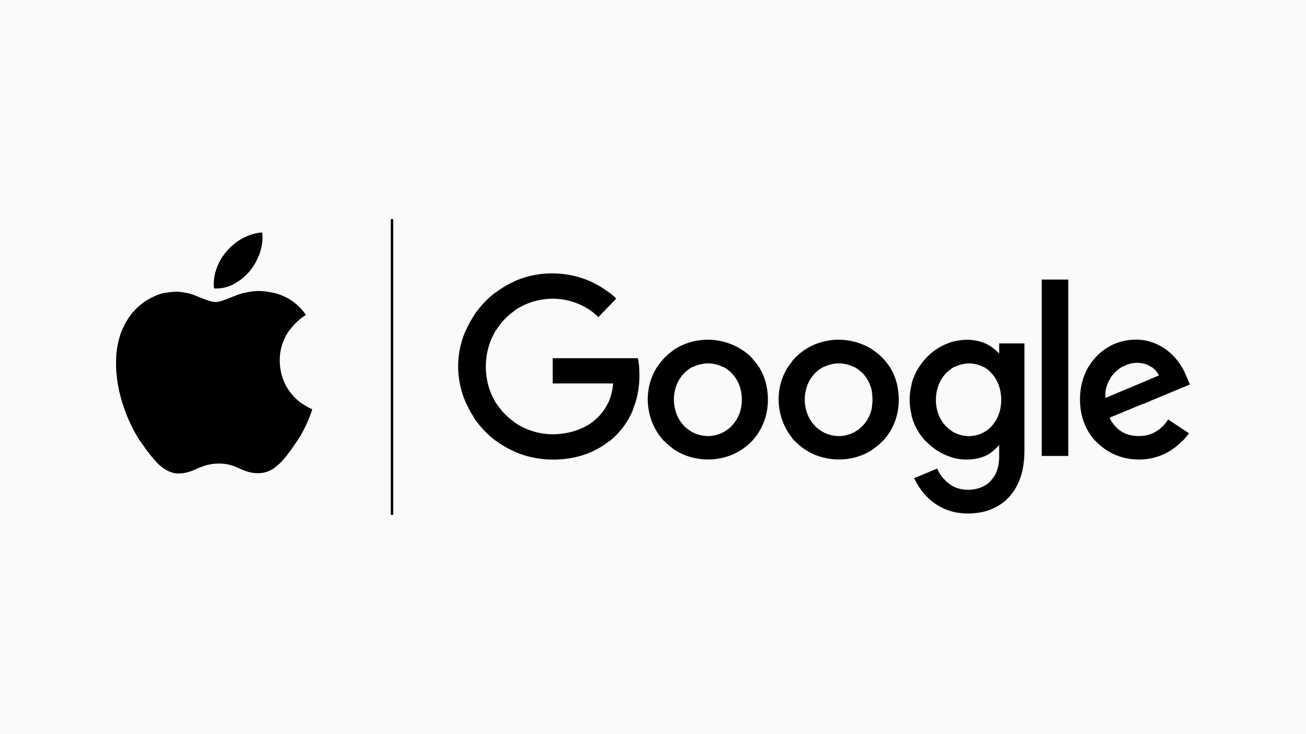Google Allegedly Pays Apple Portion of Chrome Search Revenue as Part of Secretive Non-Compete DealGoogle allegedly pays Apple a portion of all search revenue from Chrome for iOS in what appears to be a non-compete deal,
The Register reports.

According to a source said to be familiar with the matter who spoke to
The Register, Google has been paying Apple a portion of search revenue generated by Chrome users on iOS in return for being the default search provider in Safari and other commercial benefits. The relationship between Apple and Google is an ongoing area of scrutiny for the U.S. Justice Department and the UK's Competition and Markets Authority (CMA), which are apparently looking into the secretive search revenue sharing deal.
Google pays Apple around
$15 billion annually to ensure that its search engine is the default option on Apple devices, but the latest news that Google is purportedly paying Apple for searches in Chrome for iOS as part of a search revenue sharing deal is a new development. The revenue sharing agreement is said to be known about in detail by only a small number of people. The amount Google is paying Apple and the wider terms of the deal have been redacted from CMA reports.
Apple does not provide any obvious value to users seeking to use Google Search within Google Chrome for iOS. As a result, the CMA is concerned that the payments are designed to discourage Apple from
competing with Google with its own search engine, which would have major ramifications for Google's business model.
The arrangement was first alluded to publicly in an
antitrust lawsuit filed on December 27, 2021 in San Francisco. In an
amended PDF from March 2022 related to the lawsuit, the complaint alleges that Apple has been paid for the profits it would have made if it had competed with Google, minus the challenges and costs of actually doing so:
20. Because more than half of Google's search business was conducted through Apple devices, Apple was a major potential threat to Google, and that threat was designated by Google as "Code Red."
21. Google paid billions of dollars to Apple and agreed to share its profits with Apple to eliminate the threat and fear of Apple as a competitor.
22. Google viewed the aspect of Apple as a potential competitor to be "Code Red."
23. If Apple became a competitor in the search business, Google would have lost half of its business.
Apple and Google are seeking a dismissal for the case on account of lack of evidence of a horizontal agreement between the two companies, but the CMA's investigation now seems to suggest that such an agreement does exist.
This may explain why Apple has been reluctant to launch a rival search engine or develop Safari to the point of becoming a credible challenger to Chrome on macOS, according to
The Register. Likewise, Google would be disincentivized from pushing Apple to allow a
non-WebKit version of Chrome for iOS.
The result is a situation where Apple and Google see substantial benefits in maintaining each others' dominance. This division of the market is said to be "per se illegal" under U.S. antitrust laws and is likely to come under fire as more information emerges.<div class="linkback">Tags:
Google,
Chrome for iOS,
Antitrust,
United Kingdom</div>
This article, "
Google Allegedly Pays Apple Portion of Chrome Search Revenue as Part of Secretive Non-Compete Deal" first appeared on
MacRumors.comDiscuss this article in our forums
Source:
Google Allegedly Pays Apple Portion of Chrome Search Revenue as Part of Secretive Non-Compete Deal